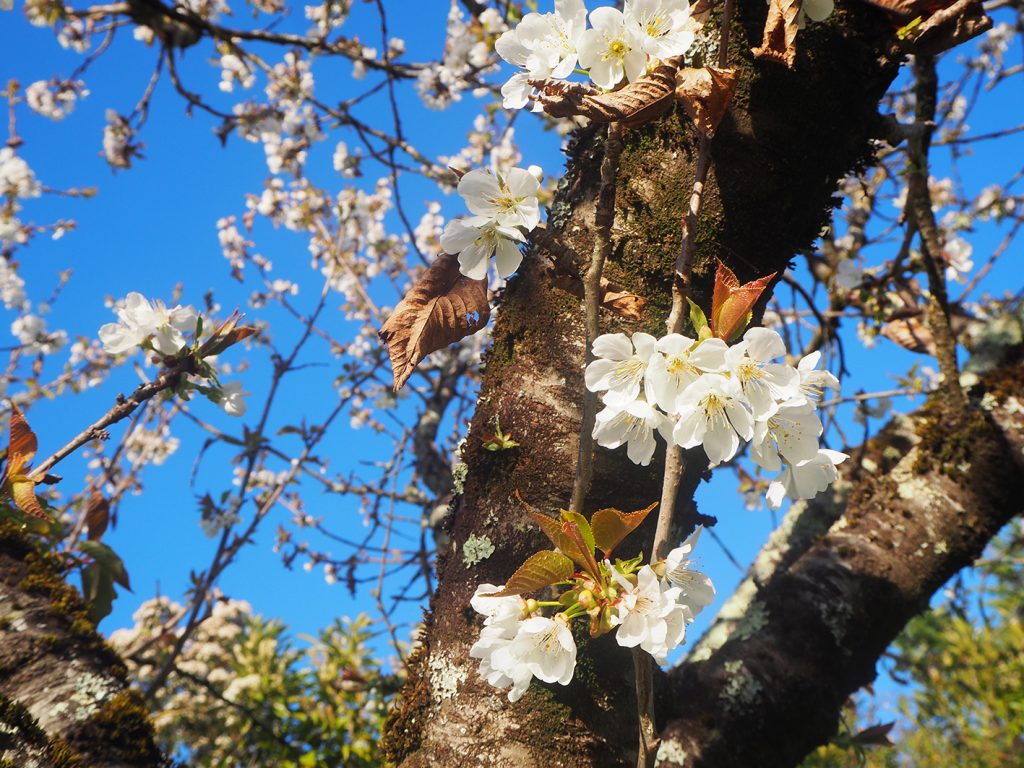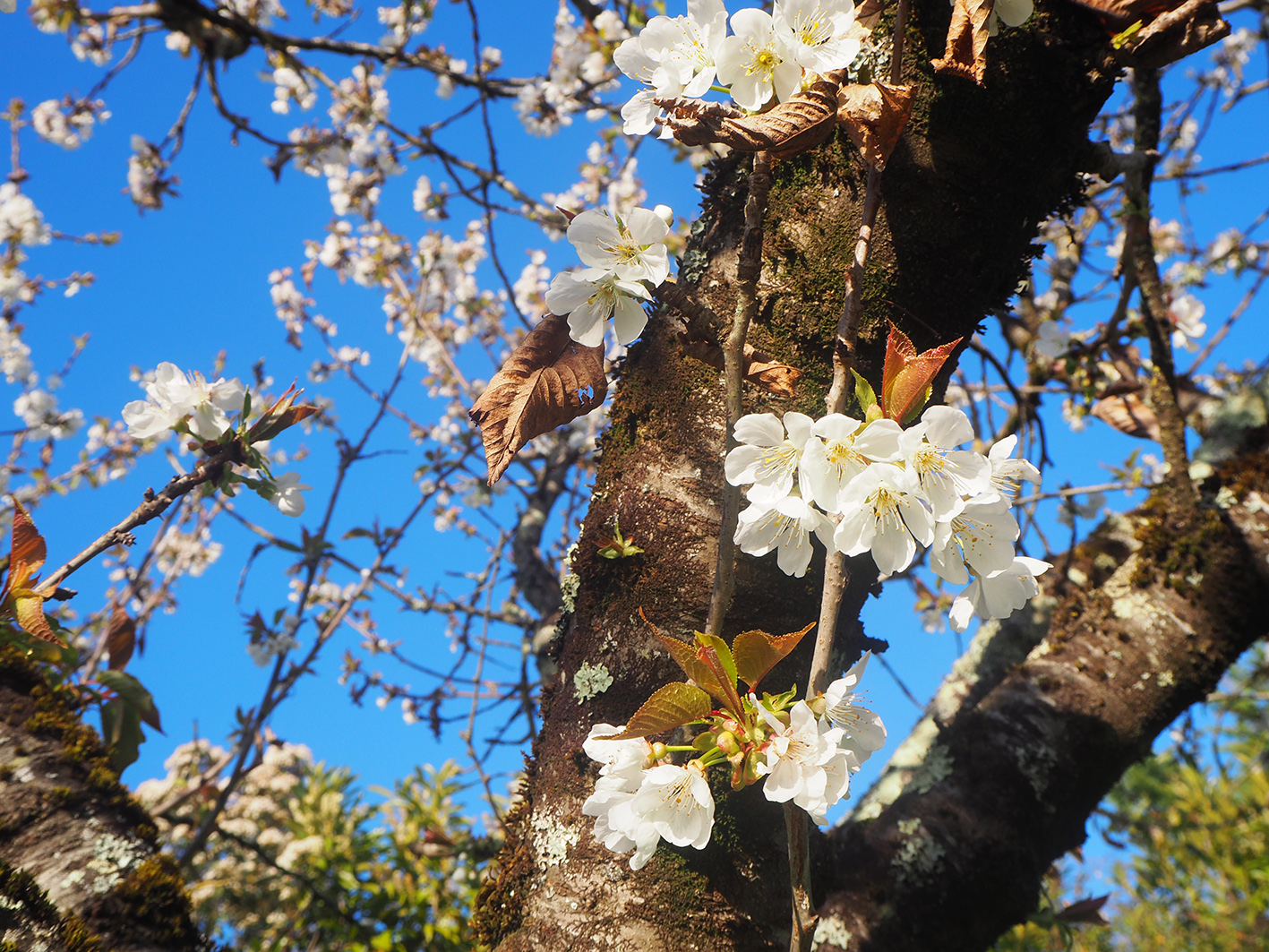Sustained growth of Spain’s organic agriculture
Organic production in Spain totalled 2.355 million hectares in 2019, up 4.8% compared to 2018, according to data published by the country’s Ministry of Agriculture, Fisheries and Food. Organic farming now accounts for 9.3% of Spanish agricultural area. The data confirms the trend of sustained growth and the consolidation of Spanish organic production, with an average annual increase in total organic area of 7.5% in the last five years. Spain remains the leading producer in the European Union by surface area and fourth in the world.
“It is a magnificent fact that reflects the ecological commitment of our farmers and ranchers,” said Minister of Agriculture, Fisheries and Food, Luis Planas.
Spain appears to be on the track to meet the objectives set in line with the ‘From farm to table’ and ‘Biodiversity’ strategies established by the European Commission. According to the data, half of the almost 2.4 million hectares is used for permanent pasture (+ 5.6%), a quarter for arable land crops (+1.5%) and the other quarter for crops permanent (+ 6%). The total number of operators has increased 6.4% to 47,108, with growth in all categories: primary producers (+5.9%), industrial establishments (+13%) and marketers (+24.8 %), among which retailers stand out with an increase of 37%. In Andalusia, the total number of operators reached 16,450 in 2019, of which 15,097 are producers.
In fruit and vegetable production, there has been an increase in organic area dedicated to tubers (+13%), legumes (+4.2%); fruit trees (+9%), banana trees (+25%), citrus (+19%) and berries (+10%). The area of vineyards (+7%) and olive groves (+ 4.6%) also increased.
The total number of official controls carried out in 2019 was 54,195 in the domestic market (+5.5% compared to 2018) and 3,114 in imports at the border (30% more than last year). In addition, the competent authorities of the autonomous communities have carried out 1,927 audits / supervisions to the public and private certifying entities.




